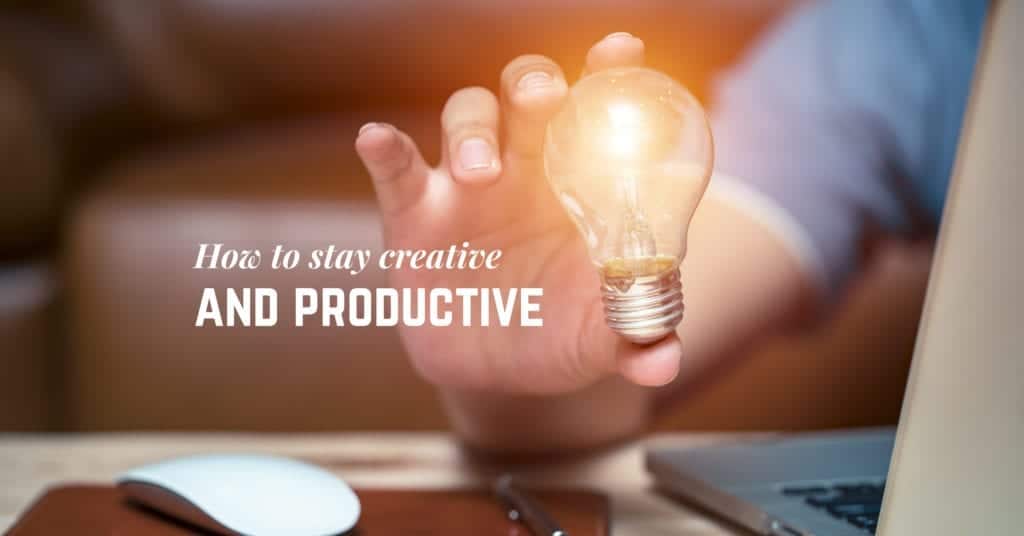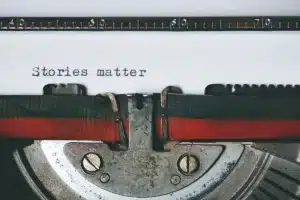As a person who is in a profession that is directly creative, I hear, “I could never be constantly creative” from other people a lot. The truth, though, is that maintaining creativity and continuing in a state of high production over time is more of a practice than anything else. Sure, there’s a level of natural skill and “having an eye” that plays a part, but that will only get you so far. It’s continued experience through constant effort and learning that will sharpen you into someone who is consistently skilled and knows how to stay creative over time.
Be prepared to work. A lot.
It’s easy to look at a finished creative work and believe the path to get there was linear — that it was the only perfect idea and executed cleanly without detours. This is rarely the case. A lot of the time, especially when you’re first starting something new, you need to make multiple versions to reach something that solves the problems you need it to. This could mean a handful or hundreds.
The number depends on the project difficulty, tools available, and experience you bring to the plate. And the best way to get experience is to try (and often fail) over and over. The only way to judge an idea fully is simply to bring it to fruition and then compare it with the other options and your initial concept.
Does it communicate what it needs to? Is it clear? Are there other ways of interpreting it? Can you make it better?
This leads to a lot of work. Over time, you won’t require quite as much work to achieve the same results. In any creative field, you can’t be afraid to work, to try, to experiment, and ultimately fail or succeed. You move forward by gaining all the knowledge you can out of every project.
Surround yourself with good influences and inspiration to stay creative.
Creativity is hard to get going in a vacuum. Everything is influenced by something else, whether that be taking a stroll outside or following people you admire on social media. Making a deliberate effort to include things that inspire you in your life will help spark creativity or feed your existing ideas.
Spend time looking at what other people are creating, reading about their influences, and learning more about the world around you. Following the trails of what interests you can be helpful when you’re feeling stuck.
Don’t be afraid of the blank sheet. Just create something, even if it’s bad.
Staring at a blank page, canvas, or whatever medium you’re working with will often only frustrate you. Remember that thing I said about creativity in a vacuum? It applies to this point as well. If you’re at a loss of where to start or what to say or do, do anything. Scribble, write down your thoughts as they come across your mind, or mess something up on purpose. All these things will give you a starting point — something definite that you can begin to add to or subtract from.
It doesn’t have to be perfect to be a starting point; it just has to exist.
Give yourself plenty of time.
Your best work requires time. Time to think, time to make mistakes, time to redo, time to analyze. Sure, you can create a lot and quickly if you’re used to that. But it’s always going to get better the more time you have to work with it and perfect your craft. Sometimes you have control over this and you can work it into your schedule. Sometimes projects are thrust on you with minimal timeframes and that’s all you have to work with. With tighter time constraints, it’s important that you’re even more intentional with your planning and brainstorming so your execution of the project can be as clean as possible. Make giving yourself time to work through the task a priority. Your sanity and the final product will both benefit.
Be open to critique.
Being the only person to touch a project can lead to the final product being weaker or less well-rounded at times. When you stare at the same thing for a long time, your brain will start to cover over the mistakes so you won’t even notice them. Something that you haven’t thought about and can’t see may be obvious to someone else at first glance. Be open to critique and others’ points of view, weigh them carefully, and adjust. It’s going to be painful, it’s going to be exhausting, but in the end, it will only make you, as a creator — and the final product — better.
To stay creative, remember to rest.
I feel like this is my mantra for this year. Remember to rest. Remember to set limits for yourself. Burnout is real. You’re only human, and you have limited energy and brainpower. Regardless of the demands on your time, skill, and brainpower, you only have so much to give. Giving yourself time to reset, to breathe, to think about something other than the tasks on your plate, will only make you better.
Nothing kills creativity more than exhaustion. Nothing will ruin craft or attention to detail like sleep deprivation or not having space from the project or projects at hand. Rest will give your mind time to process what you’ve done and what you can do better. It’ll refresh your eyes, and you may see things differently when you come back to your work.
These are all things that I’m deeply acquainted with. I’ve spent years learning to practice these things. I’m still learning how to practice these things better and be more diligent about it. I hope it helps you on your creative journey.









